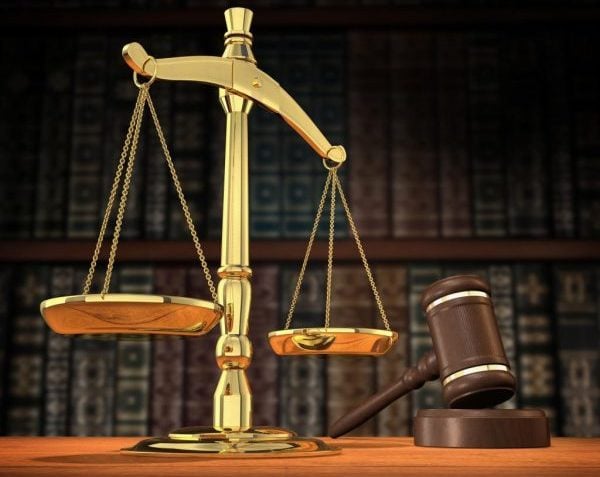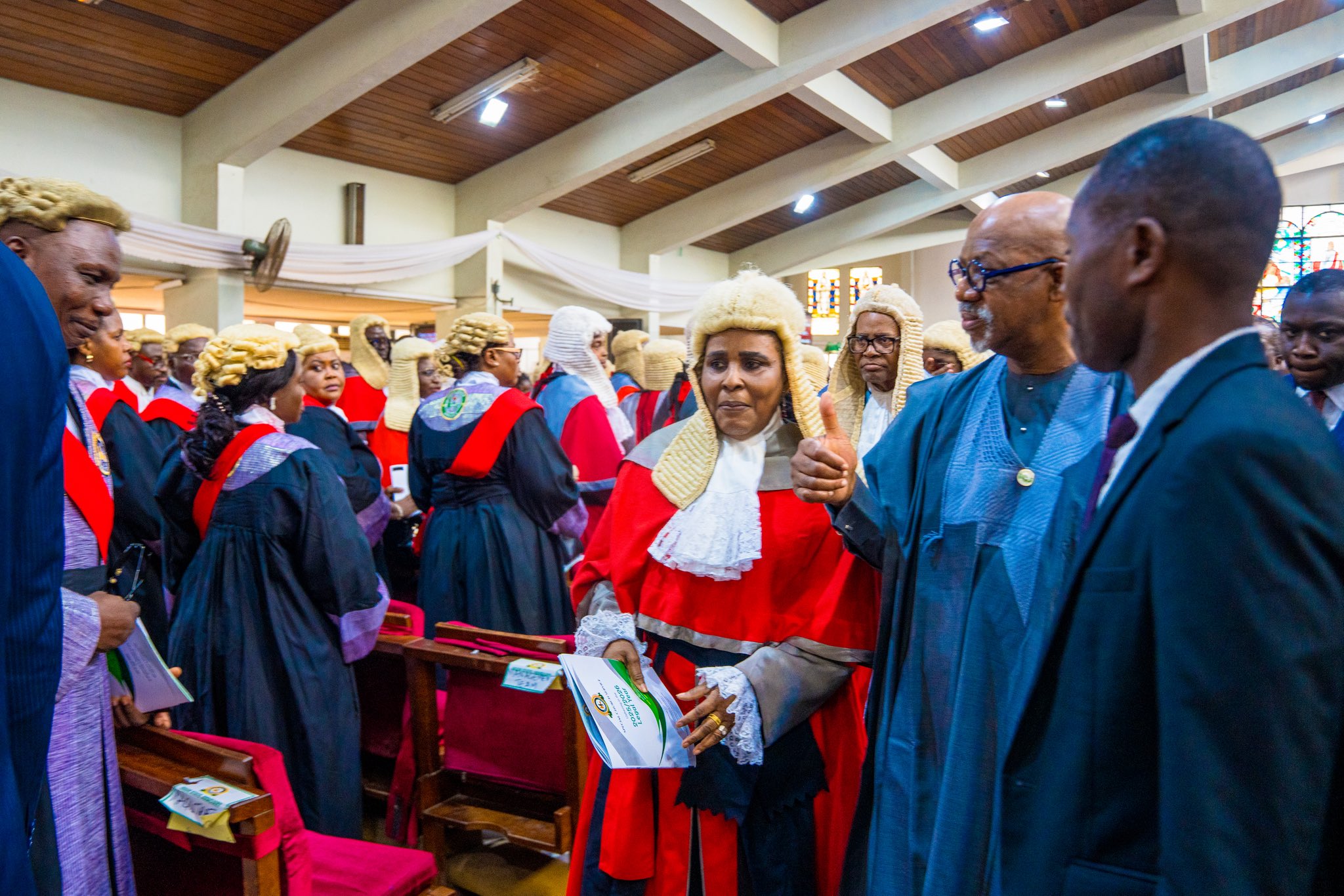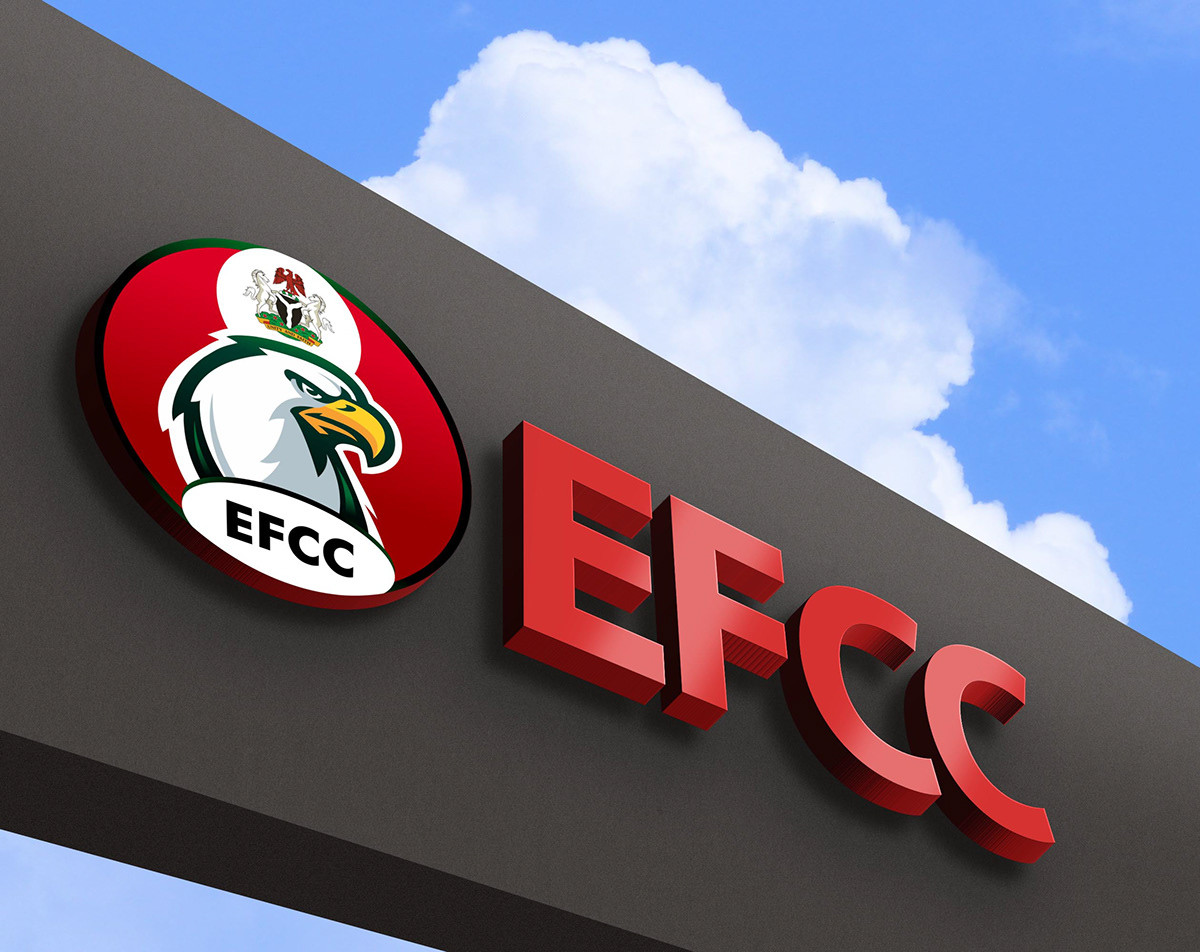Crisis of Integrity: Nigeria’s Body of Benchers and the Erosion of Ethics in the Legal Profession

The Call to Bar ceremony is one of Nigeria’s most revered legal traditions — a solemn ritual through which new lawyers are formally admitted into the legal profession. The event, overseen by the Body of Benchers (BoB), is meant to symbolize integrity, discipline, and the highest standards of legal distinction. However, recent developments surrounding the 2025 Call to Bar ceremony have raised serious questions about the credibility and moral authority of the institution charged with maintaining those values.
The BoB, described by law as a body of “legal practitioners of the highest distinction,” is responsible not only for admitting new entrants into the Bar but also for overseeing professional discipline through its Legal Practitioners Disciplinary Committee (LPDC). Yet, the criteria for determining who qualifies as a member of “the highest distinction” remain opaque, and in practice, some of its members have been tainted by ethical controversies.
Opaque Standards and Questionable Membership
The Body of Benchers comprises three main categories of members:
-
Honorary Members – often appointed for political or diplomatic reasons, usually symbolic rather than substantive.
-
Ordinary Members – drawn from top public offices such as judges, Attorneys-General, leaders of the Nigerian Bar Association (NBA), and principal officers of the National Assembly who are lawyers.
-
Life Benchers – members recognized for consistent participation in BoB meetings and events over a four-year period.
While these categories seem designed to preserve merit, critics say political patronage and internal favoritism often determine membership more than professional excellence or ethical standing.
The Ozekhome Controversy
During the most recent Call to Bar ceremony held in Abuja from September 23 to 25, 2025, a controversy quietly unfolded behind closed doors. Chief Mike Ozekhome, SAN, who had only been conferred as a Life Bencher in January 2025, was asked to withdraw from participating in the ceremony following objections from some BoB members.
Their objection stemmed from a UK property tribunal judgment delivered on September 11, 2025, where the judge dismissed Ozekhome’s testimony as “an invention and contrivance.” The case, related to a failed real estate registration application, raised ethical concerns among some members of the legal community.
According to Professor Gideon Christian of the University of Calgary, the case illustrated how “politicians hide wealth abroad under false identities, while lawyers—sworn to uphold the law—serve as enablers of fraud.”
Despite Ozekhome’s withdrawal, the BoB reportedly went to great lengths to ensure the incident remained a closely guarded secret, underscoring what observers describe as a pattern of selective accountability within the body.
A Culture of No Consequence
The Body of Benchers’ handling of the Ozekhome issue is emblematic of a larger problem — the failure to enforce ethical standards among senior lawyers.
The LPDC, which operates under the BoB, has a long history of inaction in cases involving influential figures. Notably:
-
In 2021, the Supreme Court condemned former Attorney-General Michael Aondoakaa (SAN) for “undermining and subverting the administration of justice.” The court ruled that he should never again hold public office. Yet, no disciplinary action followed from the Bar.
-
Earlier cases include Kunle Kalejaiye (SAN), accused of corrupting a judge, and Joseph Nwobike (SAN), found guilty of manipulating court assignments. Both men escaped meaningful professional sanctions after years of legal maneuvering and technical rulings.
A System in Moral Decline
The latest episode involving Chief Ozekhome reinforces the perception that Nigeria’s legal elite operates under a culture of impunity. The very institution tasked with upholding ethical standards has instead become a sanctuary for some of the same individuals accused of undermining them.
While the BoB publicly extols integrity during the Call to Bar ceremonies, its internal practices suggest a widening disconnect between rhetoric and reality. For many observers, the 2025 incident serves as a troubling reminder that without accountability at the top, the moral foundation of Nigeria’s legal profession continues to erode.



